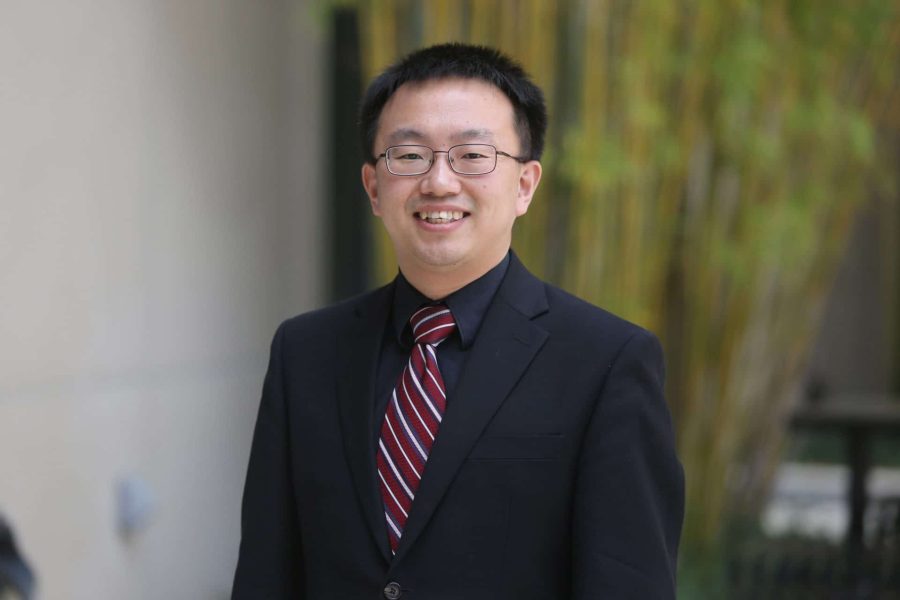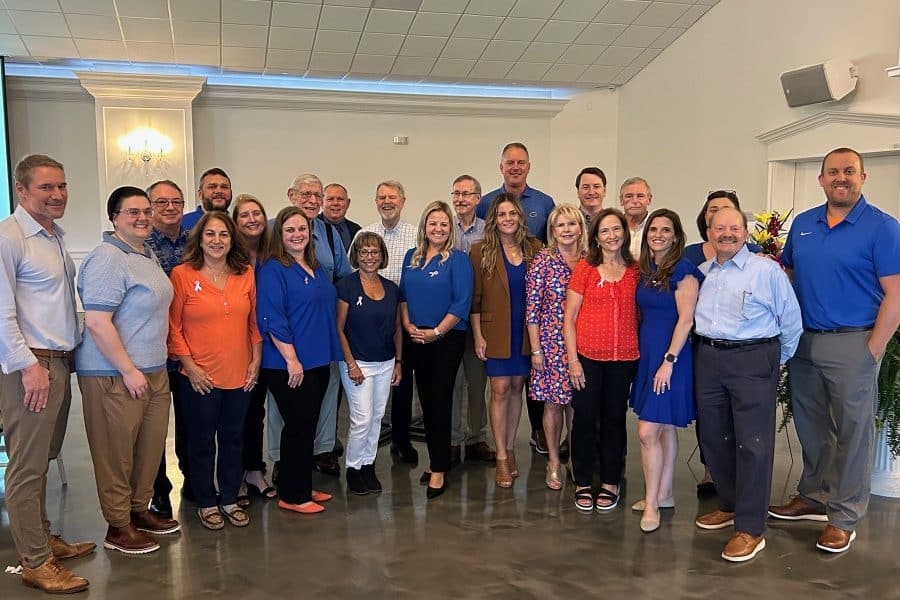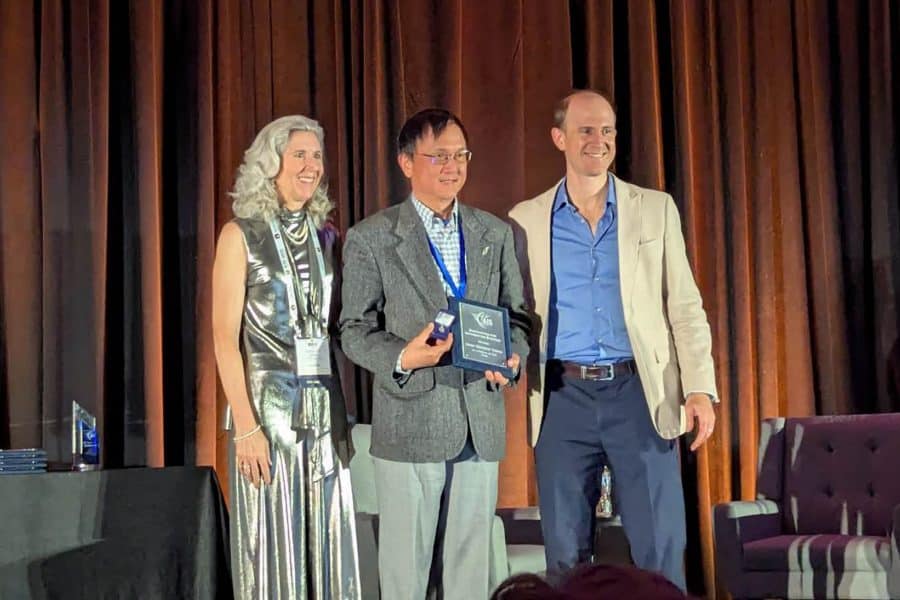
Mo Wang named new Editor-in-Chief of Journal of Applied Psychology
Congratulations to Mo Wang, Distinguished Professor and Lanzillotti-McKethan Eminent Scholar Chair at the University of Florida Warrington College of Business, who has been appointed the next Editor-in-Chief of the Journal of Applied Psychology (JAP), beginning January 2026.
Founded in 1917, JAP is the longest-running academic outlet for applied psychology and management research and continues to be one of the most influential journals in the behavioral sciences. Wang’s appointment reflects his global prominence as a scholar and his visionary leadership in advancing the science and practice of work and organizational psychology.
As he prepares to take on this prestigious role, Wang shared some insights on his vision for the future of JAP.
Q: JAP is one of the most influential publication outlets in applied psychology and management. How will you build upon the journal’s longstanding strengths?
Wang: First, I will promote more interdisciplinary research that integrates diverse perspectives, ideas, and methods. Such integration will generate new insights into emerging research questions and foster a more comprehensive understanding of both longstanding and newly emerging constructs through outside perspectives. These interdisciplinary collaborations will also broaden the reach and amplify the impact of JAP across adjacent domains of science.
Second, I will encourage more rigorous and multi-method research approaches that advance both causal and practical knowledge. This includes field experiments, intervention-based research, and longitudinal studies that track workers and organizations over extended periods of time. Moreover, multi-method approaches – drawing from qualitative interviews and observations, computational models, surveys, objective measures, and archival datasets – can provide richer, more triangulated evidence. Collectively, these efforts will strengthen the field’s foundation for causal inference and enhance the real-world applicability of our research.
Q: The nature of work and organizations is evolving at a rapid pace. How will you ensure JAP keeps up with these changes?
Wang: First, I will encourage studies that reflect the emerging realities of work and organizations. Many ongoing developments – such as artificial intelligence, automation, and new work arrangements like gig employment and remote or hybrid models – present rich opportunities for rigorous empirical inquiry. I will actively invite submissions that leverage real-world data to examine how technological and structural transformations are reshaping jobs, skills, leadership, and management practices.
Second, together with my editorial team, I will emphasize high-quality, constructive, and timely reviews. I envision the review process as a collegial and empathetic dialogue aimed at improving research rather than merely evaluating it. Timeliness will be a key priority: reviewers will be asked to complete their evaluations within 30 days of receiving a manuscript, enabling editorial decisions within a 60-day target timeframe. Meeting these goals will help JAP continue to lead the field in identifying and shaping the emergent research trends.
Q: How will you enhance the journal’s visibility and relevance within and beyond the academic community?
Wang: JAP is already widely recognized within our field, but I envision extending its reach to a broader audience. My goal is to make research findings more accessible not only to scholars in related disciplines but also to non-academic stakeholders. To achieve this, I plan to strengthen JAP’s media presence through dedicated social media channels that highlight new publications, summarize key findings, and foster discussions on emerging topics. On these platforms, I will invite authors to share their research and discuss its broader implications in an engaging, conversational format. I also plan to feature members of the editorial team to discuss the editorial process, their vision for the journal, and advice for prospective authors. Together, these initiatives will make JAP’s research more visible, accessible, and impactful – bridging the gap between academic insights, organizational practice, policy making, and the broader public discourse.
We wish Wang the very best as he embarks on this prominent new role and leads JAP into its next era of scholarly excellence! Follow along with new JAP research on Wang’s LinkedIn or the journal’s website.
Related stories
For the media
Looking for an expert or have an inquiry?
Submit your news
Contact us
Follow us on social
@ufwarrington | #BusinessGators


